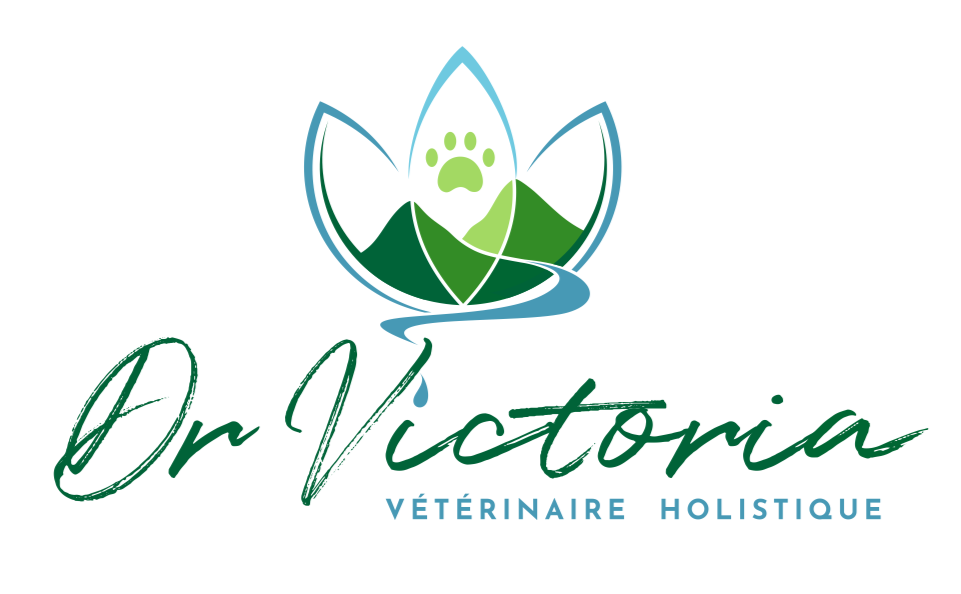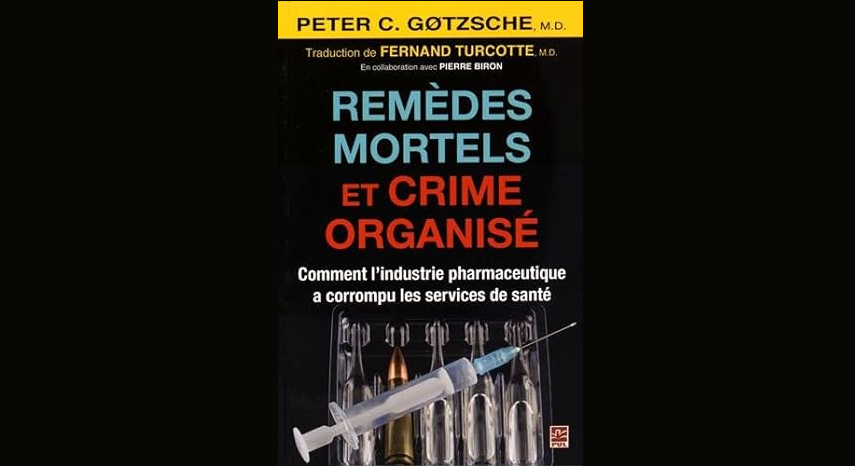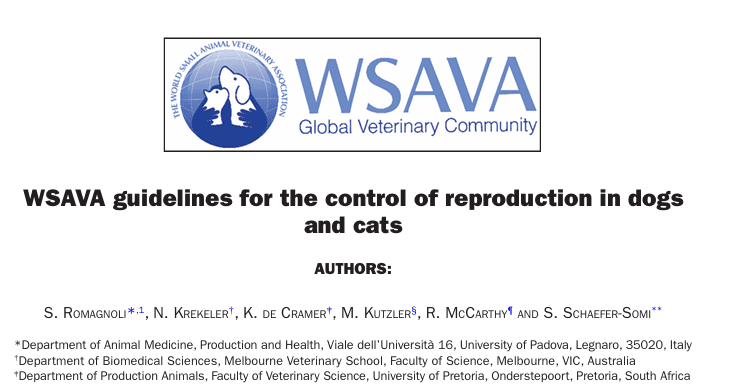Peter C. Gøtzsche, a Danish doctor and researcher, raises alarming questions about the pharmaceutical industry in his book “Deadly Medicines and Organized Crime: How Big Pharma Has Corrupted Healthcare “. Based on decades of research and experience, this book accuses the pharmaceutical industry of adopting practices similar to those of organized crime to maximize profits, to the detriment of public health.
The Main Accusations
1. Manipulating clinical trials:
Gøtzsche claims that pharmaceutical companies manipulate clinical trials to present their drugs in a favorable light. He explains that negative results are often hidden, and that studies are designed to artificially increase drug efficacy. This manipulation distorts doctors’ and patients’ perceptions, leading them to use drugs whose beneficial effects are overestimated.
2. Deceptive Marketing:
The book highlights aggressive and often deceptive marketing strategies. Pharmaceutical companies spend colossal sums influencing healthcare professionals and the general public, often by concealing the potential risks of drugs. Gøtzsche cites cases where crucial information on side effects has been deliberately omitted from advertising campaigns.
3. Corruption and Conflicts of Interest:
Gøtzsche details cases of corruption within the industry, including bribes paid to doctors and researchers to promote certain drugs. He also accuses regulatory agencies, such as the FDA in the USA, of being compromised by conflicts of interest, as they depend in part on funding from the industry they are supposed to monitor.
4. Impact on Public Health:
The book argues that these practices have disastrous consequences for public health. Gøtzsche cites studies showing that drugs are responsible for many avoidable deaths every year. He argues that the abusive and often unnecessary use of certain drugs, such as antidepressants and antipsychotics, can cause more harm than good.
Scientific references
Gøtzsche backs up his claims with extensive scientific documentation. He cites numerous studies published in respected medical journals, as well as government investigations and testimonials from industry whistleblowers. For example, he refers to work published in the *Journal of the American Medical Association* (JAMA) and the *British Medical Journal* (BMJ) to illustrate the systemic problems of the pharmaceutical industry.
Proposed solutions
To remedy these problems, Gøtzsche proposes several solutions:
– Total Transparency: He advocates total transparency in clinical trials, including the publication of all data, positive or negative.
– Independence of Regulators: Gøtzsche recommends a complete overhaul of regulatory agencies to ensure their independence from the pharmaceutical industry.
– Health Policy Reforms: He calls for political reforms to reduce the influence of pharmaceutical companies on doctors and healthcare institutions.
Conclusion
Deadly Medicines and Organized Crime is an acerbic, well-documented critique of the modern pharmaceutical industry. Peter C. Gøtzsche highlights practices that jeopardize public health and calls for radical reform of the healthcare system. This book is essential for anyone interested in public health, medical ethics and drug regulation policies. By exposing these disturbing truths, Gøtzsche hopes to incite the change needed to protect patients and restore trust in the healthcare system.
Gøtzsche’s book is a call for vigilance and reform, aimed at improving transparency and integrity in the medical field for the well-being of all.
This book is available in French from Amazon.fr, for those interested.
References
1. Gøtzsche, P. C. (2013). Deadly Medicines and Organized Crime: How Big Pharma Has Corrupted Healthcare. Radcliffe Publishing.
2. “Pharmaceutical Industry Criminality: Drugs Riskier than Benefits,” *BMJ*, 2012.
3. “FDA and Conflict of Interest,” JAMA, 2010.




